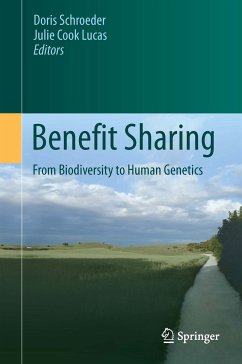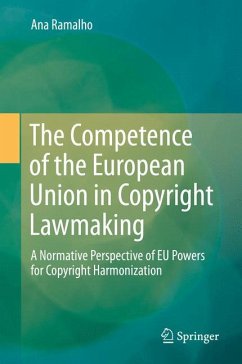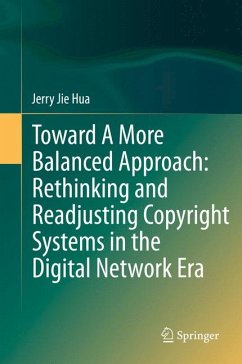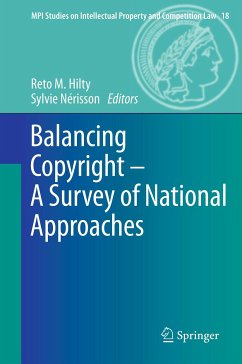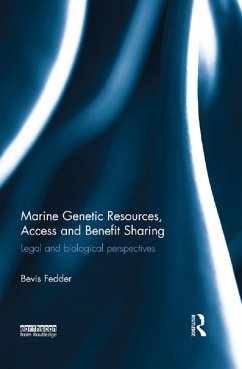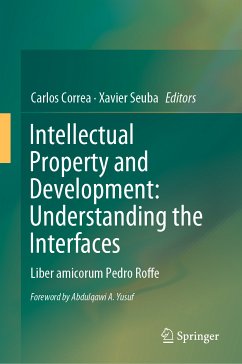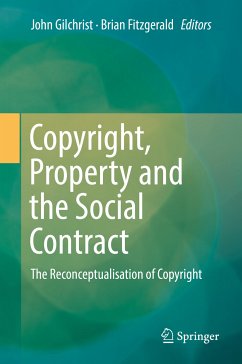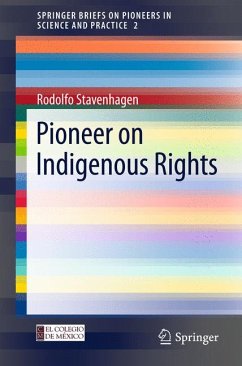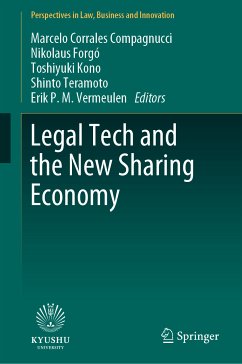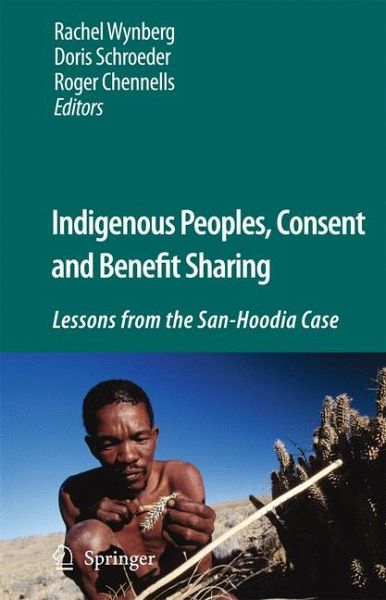
Indigenous Peoples, Consent and Benefit Sharing (eBook, PDF)
Lessons from the San-Hoodia Case
Redaktion: Wynberg, Rachel; Chennells, Roger; Schroeder, Doris
Versandkostenfrei!
Sofort per Download lieferbar
32,95 €
inkl. MwSt.
Weitere Ausgaben:

PAYBACK Punkte
16 °P sammeln!
Indigenous Peoples, Consent and Benefit Sharing is the first in-depth account of the Hoodia bioprospecting case and use of San traditional knowledge, placing it in the global context of indigenous peoples' rights, consent and benefit-sharing. It is unique as the first interdisciplinary analysis of consent and benefit sharing in which philosophers apply their minds to questions of justice in the Convention on Biological Diversity (CBD), lawyers interrogate the use of intellectual property rights to protect traditional knowledge, environmental scientists analyse implications for national policie...
Indigenous Peoples, Consent and Benefit Sharing is the first in-depth account of the Hoodia bioprospecting case and use of San traditional knowledge, placing it in the global context of indigenous peoples' rights, consent and benefit-sharing. It is unique as the first interdisciplinary analysis of consent and benefit sharing in which philosophers apply their minds to questions of justice in the Convention on Biological Diversity (CBD), lawyers interrogate the use of intellectual property rights to protect traditional knowledge, environmental scientists analyse implications for national policies, anthropologists grapple with the commodification of knowledge and, uniquely, case experts from Asia, Australia and North America bring their collective expertise and experiences to bear on the San-Hoodia case.
Dieser Download kann aus rechtlichen Gründen nur mit Rechnungsadresse in A, B, BG, CY, CZ, D, DK, EW, E, FIN, F, GR, HR, H, IRL, I, LT, L, LR, M, NL, PL, P, R, S, SLO, SK ausgeliefert werden.



